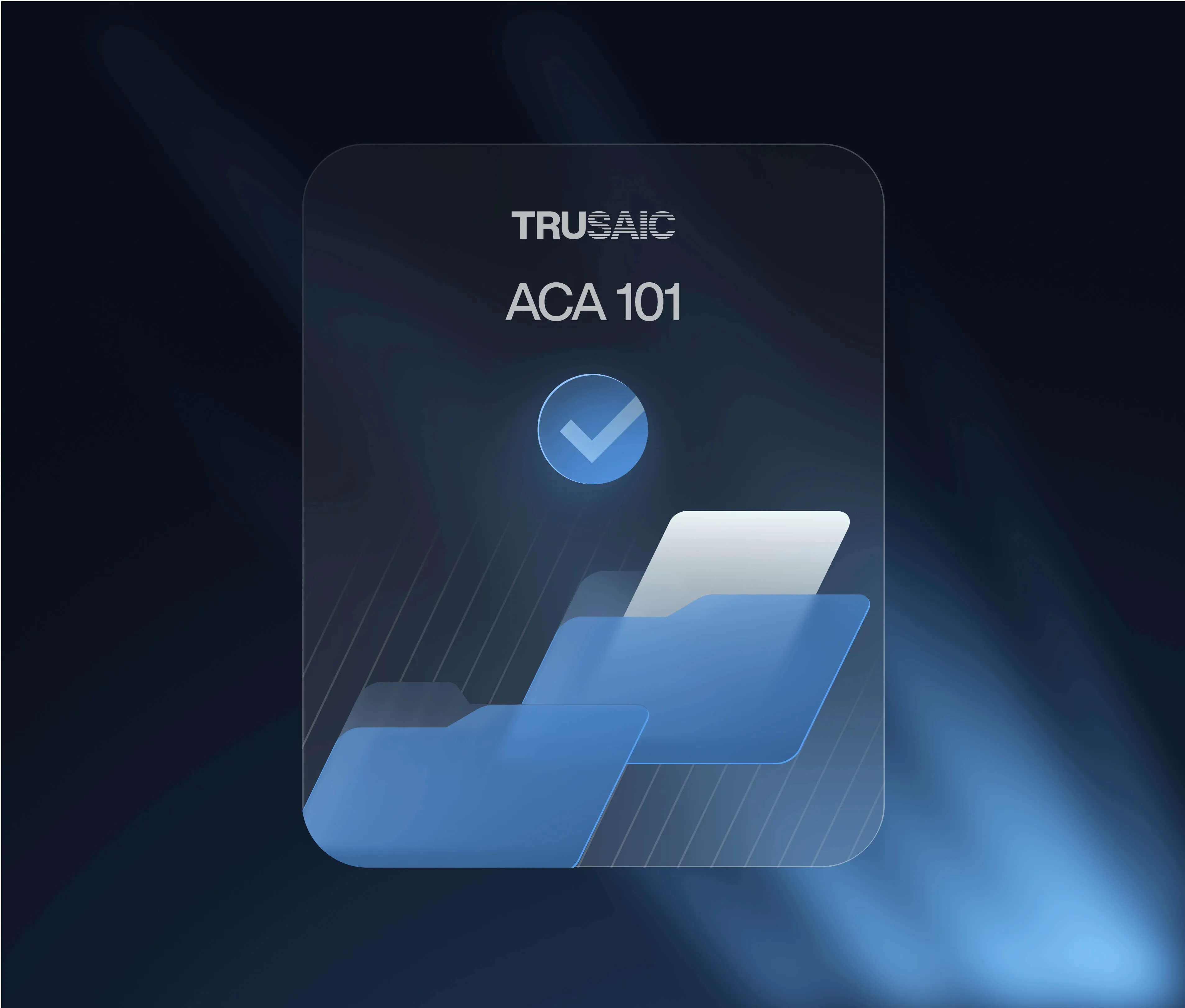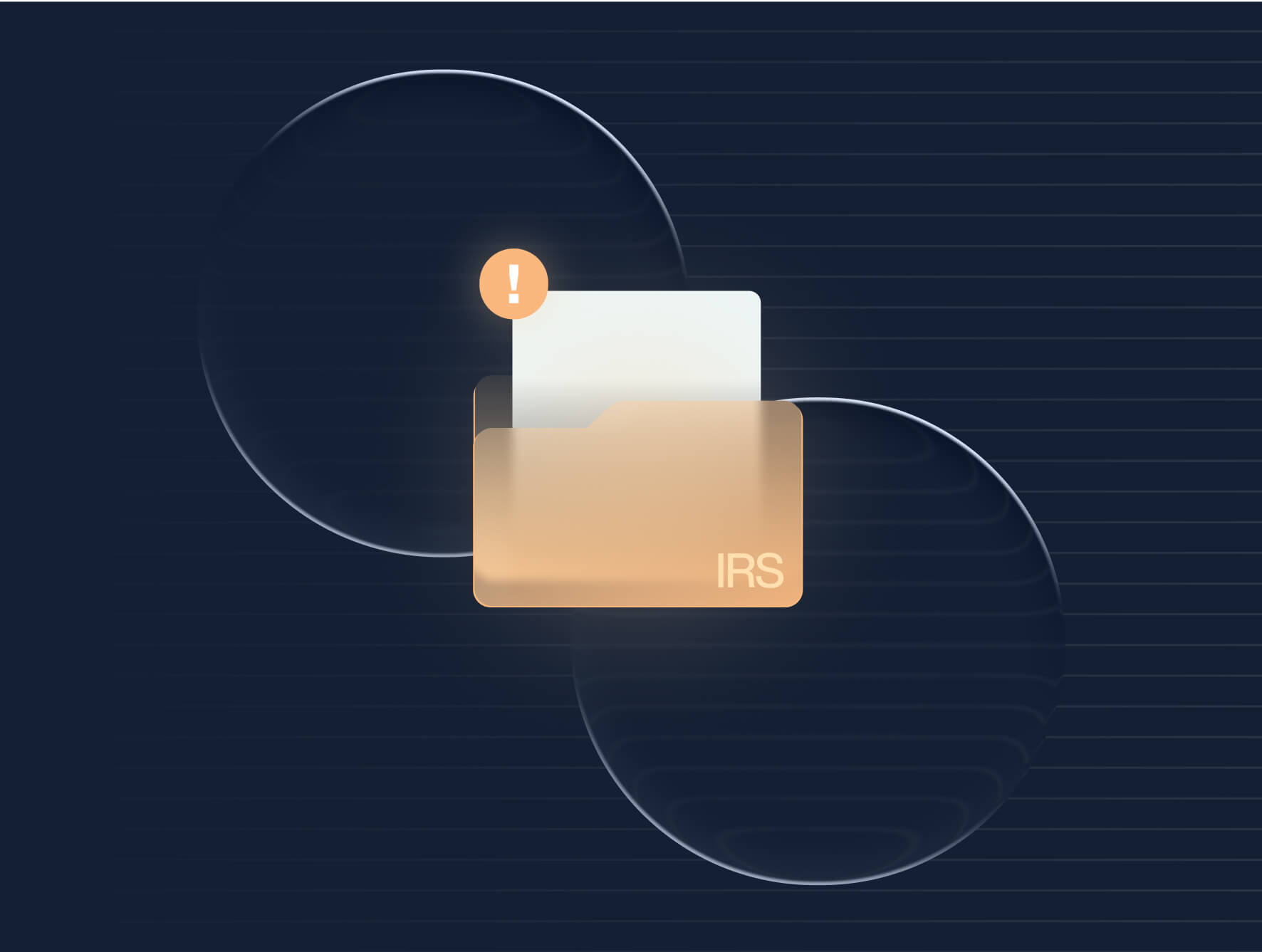Mergers and acquisitions (M&A) can transform a company’s growth trajectory — but they also carry hidden compliance risks. One often-overlooked area that can delay deals or impact valuation is Affordable Care Act (ACA) compliance.
During due diligence, acquiring companies conduct extensive reviews to uncover potential liabilities. If they discover unresolved ACA issues — such as unfiled forms, unaddressed penalty notices, or a history of non-compliance — these findings can stall negotiations, reduce purchase price, or even put a transaction at risk.
Why ACA Compliance Matters in M&A
ACA compliance is the legal responsibility of the employer entity (Applicable Large Employer or ALE) and applies whether the company is being acquired or is the acquirer.
ACA liabilities can arise for both target and acquiring companies. Compliance is the responsibility of the target company if the answer is yes to either of the following questions:
- Is the target company an Applicable Large Employer (ALE), or an ALE group member, in the year before the transaction? IRS defines an ALE as a company with at least 50 full-time employees. ALEs are also subject to the employer shared responsibility provisions (ESRP) and employer information reporting provisions.
- Has the acquiring company acquired at least 80% equity interest in an ALE or ALE group member? Target companies are responsible for all employee benefits for the entire year of the acquisition. But the acquiring company doesn’t escape responsibility. It must still ensure its new group member meets ACA reporting requirements during that year.
Key compliance obligations include:
- Offering Minimum Essential Coverage to at least 95% of full-time employees.
- Ensuring coverage is affordable according to IRS Safe Harbor standards.
- Timely and accurate filing of Forms 1094-C and 1095-C to both the IRS and employees.
When these obligations are missed, the IRS may issue:
- Letter 226J – Notification of a potential Employer Shared Responsibility Payment (ESRP).
- Letter 5699 – Request for missing ACA filings.
- Letter 227 – Follow-up on penalty assessment or response to Letter 226J.
If an acquiring company uncovers these issues during due diligence, it can delay closing while lawyers, auditors, and tax advisors work to quantify and mitigate the liability.
How ACA Liabilities Can Impact Your Deal
ACA non-compliance can affect M&A in several ways:
- Deal Delays: Time spent resolving past ACA penalties or ensuring filings are accurate can slow down the transaction timeline.
- Reduced Valuation: Buyers may reduce purchase price to offset anticipated IRS penalties.
- Indemnification Clauses: Acquirers may require extensive protection against unknown or future ACA liabilities, complicating negotiations.
- Potential IRS Exposure: With a set six-year statute of limitations for ACA penalties, prior years remain open to review, creating extended risk for target companies.
In some cases, these liabilities can total hundreds of thousands or even millions of dollars — a risk that no buyer wants to inherit.
Common ACA Gaps Found During Due Diligence
Trusaic frequently uncovers the following compliance gaps in companies preparing for M&A:
- Unfiled or Rejected IRS 1094-C/1095-C forms
- Missing or inaccurate affordability calculations
- Failure to track full-time status across multiple EINs
- State ACA filing non-compliance (CA, NJ, RI, D.C.)
- Unresolved IRS penalty notices or letters
These errors often happen because ACA compliance is pushed aside during rapid growth or overlooked by companies prioritizing revenue and market expansion.
How to Protect Your Valuation and Avoid Deal Disruption
If your company is preparing for a potential acquisition or merger:
- Conduct an ACA Compliance Audit: Identify missing filings, coverage gaps, and affordability risks.
- Resolve Existing Penalties or Notices: Respond to IRS letters proactively to close out liability exposure.
- Ensure Multi-EIN and Historical Data Accuracy: Buyers want confidence that your workforce records are complete and audit-ready.
- Leverage Penalty Risk Assessment: Tools like Trusaic’s solution highlight risks before due diligence begins.
By cleaning up ACA compliance now, you demonstrate to potential buyers that your organization is not carrying hidden regulatory liabilities.
How Trusaic Can Help
Trusaic’s ACA Compliance Solution is designed to keep your organization audit-ready and deal-ready by:
- Performing comprehensive ACA data audits to identify historical compliance risks.
- Providing a Penalty Risk Assessment to uncover potential IRS liabilities.
- Managing federal and state ACA filings accurately and on time.
- Offering expert guidance to respond to IRS letters and eliminate deal-stalling risks.
Whether you’re actively in a deal or planning for a future acquisition, proactive ACA compliance is essential to protect your valuation.
M&A due diligence leaves no stone unturned. Don’t let ACA non-compliance be the surprise that stalls your deal, reduces your purchase price, or invites costly IRS penalties.
Ensure your ACA liabilities are cleaned up now to keep your growth plans moving forward.
Ready to safeguard your compliance before due diligence begins? Schedule a demo to see how Trusaic can protect your organization.









